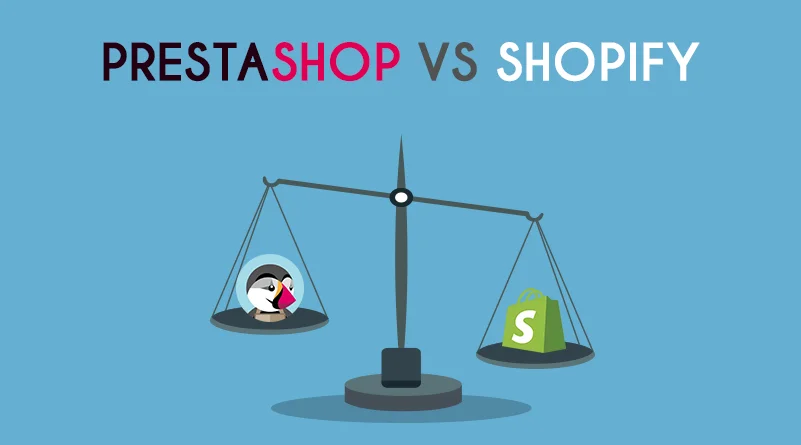The Rise of Social Enterprises in Kenya
In Kenya, business is no longer just about making profits. A new generation of entrepreneurs is rising — one that cares as much about impact as income. From solving youth unemployment to tackling climate change and healthcare gaps, social enterprises are reshaping how people define success in business.
These are ventures that aim to make money, yes, but also to make a difference. It’s a refreshing shift — and one that fits perfectly with Kenya’s culture of community, innovation, and resilience.
Why Social Enterprises Matter in Kenya
Social enterprises have become the heartbeat of a modern Kenyan economy that’s young, creative, and tech-driven. According to the British Council’s Social Enterprise in Kenya Report, over 70 percent of social entrepreneurs in Kenya are under 35. That says something powerful — the youth aren’t just waiting for change, they’re creating it.
These enterprises fill gaps that governments or traditional businesses sometimes overlook. Whether it’s giving farmers fair prices, helping women access credit, or creating affordable clean energy, they exist at the intersection of business and social good.
Many social entrepreneurs in Kenya operate in rural communities where traditional businesses rarely reach. Their work often leads to improved livelihoods, better access to services, and stronger local economies. In essence, they prove that business can be both profitable and purposeful.

Key Sectors Driving the Growth of Social Enterprises
Several industries in Kenya have become fertile ground for social enterprises.
I. Agriculture: Many startups are helping smallholder farmers access digital tools, mobile payments, and market insights. Ventures like Twiga Foods connect farmers directly to vendors, cutting out middlemen and ensuring fair prices.
II. Renewable Energy: Companies such as M-KOPA have empowered thousands of low-income households by providing solar-powered solutions through flexible payment models.
III. Education: Social ventures in EdTech are helping students in underserved regions access quality education through e-learning platforms and digital libraries.
IV. Healthcare: Startups like Penda Health are bridging the healthcare access gap by offering affordable medical services to low-income communities.
V. Finance and FinTech: Mobile-based micro-lending platforms are giving women and youth access to capital that banks often deny them.
Each of these sectors tells a story of innovation meeting compassion — and Kenya is right at the center of this shift.
The Role of Technology in Scaling Social Impact
Technology has given social enterprises in Kenya wings. From simple mobile apps to advanced AI-driven platforms, digital tools are making it easier to reach and serve communities efficiently.
I. Mobile technology has allowed entrepreneurs to reach rural areas where banking and logistics infrastructure are limited. Think of how M-Pesa made financial inclusion possible for millions — that same model now fuels dozens of impact-driven startups.
II. Cloud-based systems and CRMs help small enterprises manage data, monitor projects, and track their impact without needing complex infrastructure.
III. AI and automation enable better decision-making. For instance, predictive analytics can help farmers anticipate weather changes or healthcare startups predict patient needs.
IV. Social media platforms such as TikTok, Instagram, and X (formerly Twitter) give founders the power to tell their stories and attract both customers and investors passionate about impact.
Technology is the common thread — the equalizer that lets a small idea in Kibera grow into a continent-wide solution.

Lessons from Successful Kenyan Social Entrepreneurs
The most successful social entrepreneurs in Kenya share certain traits that are worth studying.
They identify a problem that matters deeply to them and their community.
They start small, test solutions locally, and refine based on real feedback.
They combine heart with smart business models that ensure sustainability.
They partner with organizations that align with their mission.
A great example is Sanergy, which began by addressing sanitation in Nairobi’s informal settlements. Through innovation and persistence, they turned waste into fertilizer and energy — proving that even a messy problem can be turned into a profitable, scalable business.
Why Partner with E-Startups Kenya
At E-Startups Kenya, we understand that social enterprises need more than passion — they need technology, strategy, and digital visibility. Our mission is to help social entrepreneurs grow sustainable, scalable ventures that make a real impact.
We provide:
I. Website and eCommerce development to help you showcase your story and sell your products or services online.
II. SEO and digital marketing strategies to increase visibility and attract partners who share your mission.
III. Cloud and CRM systems for efficient data management and impact tracking.
IV. Payment integrations like M-Pesa and Airtel Money to make transactions seamless for customers across Kenya and Africa.
V. AI and automation solutions for analytics, chatbots, and workflow optimization.
When purpose-driven businesses use tech effectively, their impact multiplies. And that’s exactly where E-Startups Kenya steps in.

FAQs
1. What makes a social enterprise different from a traditional business?
A social enterprise focuses on solving social or environmental problems while still aiming for profitability. It blends social impact with sustainable business models.
2. Are social enterprises in Kenya profitable?
Yes, many are. While the goal includes impact, sustainability comes from solid business models that generate income and reinvest in growth.
3. How can technology help social enterprises grow?
Technology enables scale. From mobile payments to cloud management and social media marketing, it helps reach more people, measure impact, and operate efficiently.
4. Can E-Startups Kenya support early-stage social ventures?
Absolutely. We work with startups at every stage — helping them build strong digital foundations through web development, branding, and automation.
5. What funding options exist for social enterprises in Kenya?
Funding can come from impact investors, government grants, NGOs, or venture capital firms that focus on sustainability and innovation.
Conclusion
Social enterprises in Kenya are proving that business can be a force for good. They are empowering communities, inspiring young innovators, and building a better future for Africa. As technology continues to bridge the gap between profit and purpose, the potential for growth is limitless.
If you’re building or planning to launch a social enterprise, partner with E-Startups Kenya today. Let’s help you build digital systems that amplify your mission, connect you with the right audiences, and take your impact to the next level.
Reach out to E-Startups Kenya — where innovation meets purpose.




























